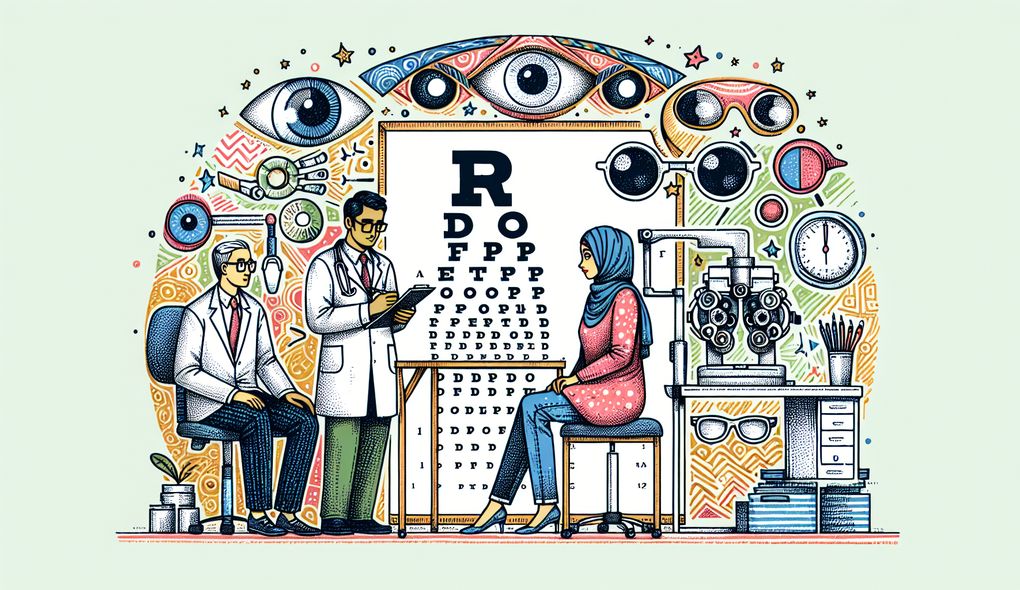How do you prioritize your workload and manage your time effectively?
JUNIOR LEVEL

Sample answer to the question:
I prioritize my workload by creating a to-do list and assessing the urgency and importance of each task. I then allocate time blocks for each task based on these factors. To manage my time effectively, I use time management techniques like the Pomodoro Technique, where I work for a focused period of time and take short breaks in between. I also minimize distractions, such as turning off notifications on my phone and closing unnecessary tabs on my computer. By staying organized and disciplined, I am able to meet deadlines and accomplish my tasks efficiently.
Here is a more solid answer:
In my previous role as an optometrist assistant, I prioritized my workload by using a digital task management tool. I would categorize tasks based on urgency and importance and set due dates to ensure timely completion. Additionally, I practiced the Eisenhower Matrix to prioritize tasks into four quadrants: urgent and important, important but not urgent, urgent but not important, and neither urgent nor important. This helped me allocate my time effectively and focus on high-priority tasks. To further manage my time, I would schedule dedicated time blocks for specific tasks, such as conducting comprehensive eye exams or providing pre- and post-operative care. By following these strategies, I was able to maintain a well-organized schedule, meet deadlines, and provide quality patient care.
Why is this a more solid answer?
The solid answer provides specific examples and details on how the candidate has utilized digital tools, task categorization, due dates, and time blocking to prioritize their workload and manage their time effectively. It also demonstrates how these strategies have helped the candidate meet deadlines and provide quality patient care. However, it could be further improved with additional examples or techniques related to the field of optometry.
An example of a exceptional answer:
As a Junior Optometrist, I understand the importance of prioritizing my workload and managing my time effectively to provide excellent patient care. To achieve this, I utilize a combination of strategies. Firstly, I implement the ABC method, where I categorize tasks into three categories: A for high-priority and urgent tasks, B for important but not urgent tasks, and C for tasks that can be delegated or postponed. This allows me to focus on critical assignments without neglecting important ones. Secondly, I use a digital calendar to schedule time blocks for specific tasks, ensuring dedicated focus and preventing overloading my schedule. Furthermore, I regularly review my workload and reassess priorities to adapt to any changes or emergencies that may arise. Lastly, I believe in the power of effective communication and collaboration. By clearly communicating with my team and delegating tasks when necessary, we can work together efficiently to meet our goals. By implementing these strategies, I have successfully managed my workload, met deadlines, and provided high-quality patient care.
Why is this an exceptional answer?
The exceptional answer goes beyond the solid answer by introducing additional strategies such as the ABC method for task prioritization and emphasizing the importance of effective communication and collaboration. It also highlights the candidate's ability to adapt to changes or emergencies and showcases their commitment to providing high-quality patient care. Overall, the exceptional answer demonstrates a comprehensive understanding of workload prioritization and time management.
How to prepare for this question:
- Familiarize yourself with different time management techniques such as the Pomodoro Technique and Eisenhower Matrix and understand how they can be applied to your work as an optometrist.
- Reflect on past experiences where you had to manage multiple tasks or deadlines effectively. Think about the strategies you used and the outcomes achieved.
- Consider how effective communication and collaboration with your team can contribute to efficient workload prioritization and time management.
- Be prepared to provide specific examples of situations where you successfully organized your workload and managed your time effectively, emphasizing the impact on patient care.
What are interviewers evaluating with this question?
- Time Management
- Organization
- Task prioritization

